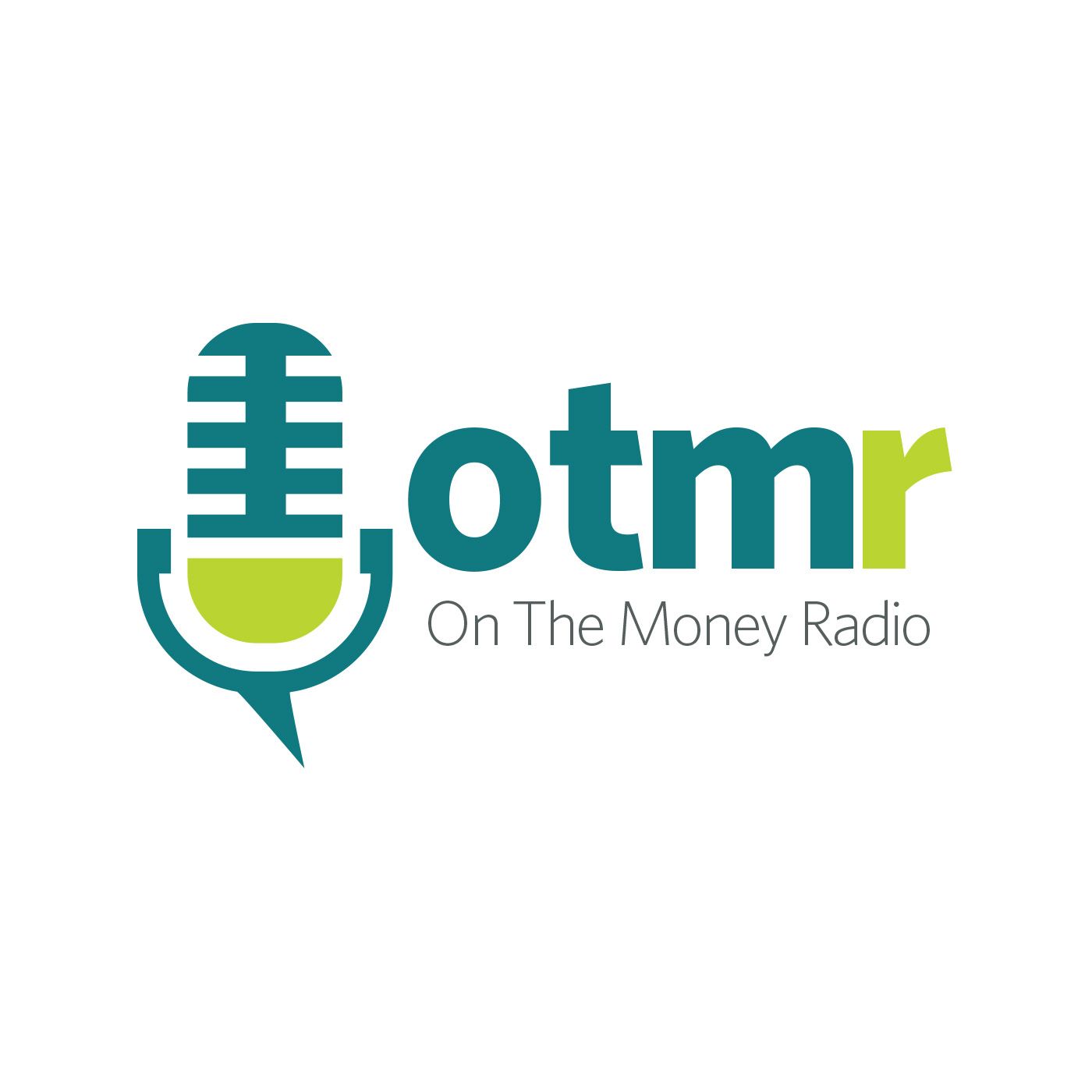Watch Out For Those Hidden Financial Fees

b'Once you make the shift from saving to investing, the first order of business is to minimize fees and expenses, in order to get the most return possible. But with interest rates near all-time lows for several years now\\u2014and appearing likely to remain that way for many more years to come\\u2014some investors are getting antsy\\u2026 and looking for ways to juice their returns so they earn more than the paltry returns on bank savings, CDs, and bonds. Some are also not so bullish on continued high stock market returns going forward and are concerned that the S&P 500 has little room to rise after its 85% return over the past five years.
The paradox of this \\u201clower expected returns\\u201d scenario is that investors are too scared to handle their own money and are willing to turn to professionals, which in itself is a sound strategy.
But, many, in their desperation, are looking for \\u201cstar investment managers\\u201d whom they believe could goose their returns through financial wizardry, out-of-the-box gambles, and other forms of \\u201cpixie dust\\u201d. As a result, individual investors are increasingly handing their money over to high-fee advisers to overcome low expected future returns.
And many are buying into what some investment managers are telling them, which is to diversify outside of stocks and bonds and other real assets like gold, into so-called \\u201calternatives\\u201d and other vehicles, which somehow through the sprinkling of \\u201cpixie dust\\u201d can produce market-beating returns.\\xa0\\xa0 The reality of these alternatives, which has been shown over and over again, is that most of those assets just don\\u2019t bring anything remotely close to what they promise despite the high fees charged to you in order for you to get in the game.
But here\\u2019s the catch with \\u201cstar investment managers\\u201d: Sure they\\u2019re out there\\u2014with long-term proven records\\u2014people such as Warren Buffett of Berkshire Hathaway and Howard Marks of Oaktree Capital. But finding a sure-fire market-beating money manager is anything but a sure thing. Moreover, as we all know, past investment performance is no guarantee of future returns, so going with a \\u201cstar\\u201d does not automatically guarantee high returns.
There\\u2019s another catch with \\u201cstar investment managers\\u201d:\\xa0 They typically demand higher fees to support their search and research for higher-yielding assets because they often need to dig deep and communicate with specialized experts to uncover hidden, undiscovered, undervalued investment gems.
And while these high-fee advisers or portfolio managers might actually manage assets better, what they put in one pocket with better behavior and performance, they take from the other pocket with high fees. And if they under-perform the market\\u2014which statistically is the more likely outcome\\u2014you get to experience a double whammy: Your bad returns get further sliced by the high fees you\\u2019ve paid, hurting your portfolio more than simple returns from a low-cost index fund.
We also see this in recent data on investment performance. As more active managers fail to perform well, advisory fees are on the rise. So, in their search for higher returns, investors are running scared into the arms of high-fee advisers who gladly slip their hands into your back pocket as they embrace you.
Historical number-crunching of managed portfolios has also proven that high fees can be the most destructive part of any financial plan.
And while no one knows what the future returns of the stock market will be, many think that stocks tend to generate lower future returns when they\\u2019re richly valued. So, with the S&P 500 index up 85%, lower returns could be much more likely. Add higher fees to that and they will eat up a bigger portion of this lower return.
Just to clarify, in a world where some of the best funds and advisers cost less than 0.5% a year of managed assets\\u2014and much less for index funds\\u2014anything above that 0.5% threshold falls into the \\u201chigh fee\\u201d category, in my opinion.'